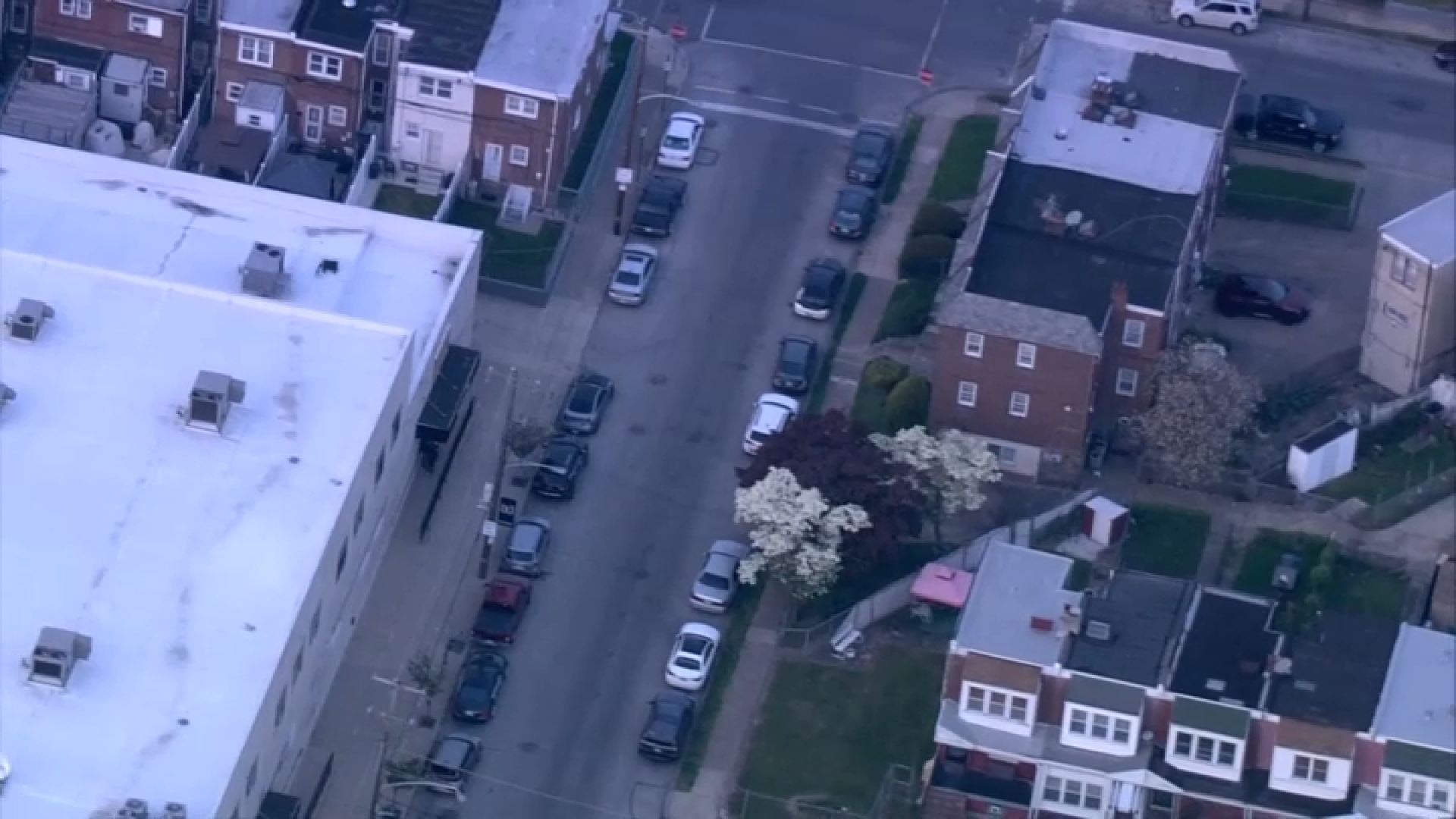There's a slice of Hollywood in Germantown — a place filled with inspiration, ambitions and, like the storyline to any good Hollywood script, its own battles.
The Hollywood Beauty Salon can be found inside the Germantown Recovery Community (GRC), a nonprofit organization that provides services for the mentally-ill and disabled in Northwest Philadelphia.
Inside the salon
Rachel "Hollywood" Carr's hopeful clients peer in the mirror to see how their appearance has been transformed.
Like many of her clients, Carr struggled with self-worth and depression after years of abuse.
To help herself feel good, Carr wore big, fake eyelashes and lots of colorful makeup for years. She even gave herself the nickname "Hollywood" to help herself feel more confident.
A new documentary, created and directed by Glenn Holsten, follows Carr's journey to bring her special brand of confidence to others.
Local
Breaking news and the stories that matter to your neighborhood.
"The Hollywood Beauty Salon" follows the colorful lives of Carr and the salon's members as they rebuild their lives while struggling with mental illness.
The story's writer
Carr opened the beauty salon as a way for people to be cared for, learn about hygiene and feel confident about themselves.
She says didn't realize the program would have such an impact on people.
"We started to see our progress in people's personal care, personal hygiene and a lot of close relationships started to develop. Close relationships of really getting through to people, through beauty and building up their self image," says Carr.
Setting the scene
In the summer of 2011, filmmaker Glenn Holsten walked into the beauty salon while filming video portraits for the Germantown Recovery Community. He says he was immediately drawn to Carr and knew he had to make a documentary.
It was her friendly demeanor and inspiring words that struck Holsten, who thought she had both inner and outer beauty.
"She has such wisdom about recovery and the hard knocks that life has. Her journey is not an easy one but she's using her hard road to help other people through theirs and I'm very inspired by that and I think other people will be too," says Holsten.
Lights, camera, action!
Holsten started a workshop on Tuesday mornings where he would film members individually. Initially, Holsten says he was nervous, but he would leave feeling the humor and positive energy from members had rubbed off on him.
For three years, Holsten went nearly every Tuesday.
"You can't go in anywhere and say that you know this culture. It's about time and commitment. Now, I know this community really well, and they know me really well and there seems to be this trust," he says.
At one point, Holsten ran out of money to pay the crews. He kept up his weekly schedule so he could keep getting to know clients while he waited for more money to come through.
"Sometimes I would just listen while someone was getting their hair done," says Holsten.
The cutting room floor
Holsten's team is in the midst of cutting 100 hours of footage into a 90-minute film. He's is hoping for a spring 2015 release and a red-carpet premiere at the Kimmel Center.
The project is so collaborative that the members give feedback on the editing process during screenings. If there is something they don't like, they'll tell Holsten. But so far the response has been positive.
"People need to get something out of it, I can't just be a taker of stories. I have to be giving other people a platform to be telling those stories and feel validated. That's what I think is so satisfying about this — it's really an honest way to make a movie," says Holsten.
A new model
The beauty salon as a method to recovery is something Holsten hopes the documentary brings light to.
"The beauty salon has provided members with the opportunity to develop peer relationships, self-care skills and foster a sense of pride and self-worth," says GRC director Tess Zakrzwski.
The big goal for this film is for it to be an active agent in mental health conferences around the country. Holsten says there is a need for information and inspiration at these conferences.
"I want to see beauty parlors opened up all across the country in community health programs. It's a great model and a really good place where people let their hair down," says Holsten.
Editor Ann Tegnell says the film can help people open up about the impact mental illness has had on their life.
"It's also so surprising to hear people say, 'Yes I have a family member, friend, or acquaintance who struggles, has challenges. In this piece I see them and I maybe I didn't understand them as well as I should or I've experienced this with them," she says.
Taking a bow
Carr says without the salon, she never would have found her voice.
"I actually have the power to help somebody get better and that's the best thing I could have ever got from working with people in recovery," she says.
"[Mental illnesses] are parts of their lives and parts of their identity, but it's not who they are. The other parts of who they are, are fantastic and wonderful and those are the connecting points for anyone watching this movie. We all have hopes and dreams and we all want to fly."



